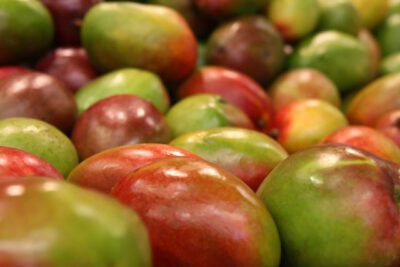



When determining the recommended amount of food for a Beagle, there are several factors to consider. These factors include the Beagle's age, activity level, weight management goals, feeding schedule, and the type of food being fed.
The age and activity level of a Beagle play a significant role in determining the amount of food they should be fed. Puppies require more calories and nutrients to support their growth and development, so their serving sizes will be larger compared to adult Beagles. Active Beagles who engage in regular exercise will also require more food to fuel their energy needs.
Weight management is crucial for Beagles, as they have a tendency to gain weight easily. It's important to monitor their calorie intake and adjust their serving sizes accordingly. If your Beagle is overweight, it's recommended to feed them smaller portions to help them lose weight. On the other hand, if your Beagle is underweight, you may need to increase their serving sizes to help them reach a healthy weight.
Establishing a consistent feeding schedule is essential for Beagles. It's recommended to feed adult Beagles twice a day, while puppies may require three to four meals a day. By sticking to a regular feeding schedule, you can ensure that your Beagle is receiving the right amount of food at the right times.
The type of food you feed your Beagle will also impact the recommended serving sizes. High-quality commercial dog food formulated specifically for Beagles is a popular choice. These foods often provide feeding guidelines on the packaging based on the Beagle's weight and activity level. It's important to follow these guidelines and adjust the serving sizes as needed.
Some Beagle owners prefer to feed their dogs homemade or raw diets. If you choose to go this route, it's crucial to consult with a veterinarian or a canine nutritionist to ensure that your Beagle is receiving a balanced diet and the appropriate serving sizes.
Regularly monitoring your Beagle's weight is essential to ensure they are receiving the right amount of food. You can do this by weighing your Beagle regularly and keeping track of any changes. If you notice significant weight gain or loss, it may be necessary to adjust their serving sizes accordingly.
If you're unsure about the recommended amount of food for your Beagle or if you have any concerns about their weight or diet, it's always best to consult with a veterinarian. They can provide personalized recommendations based on your Beagle's specific needs and help you create a feeding plan that promotes their overall health and well-being.
Leave a Reply
Related posts